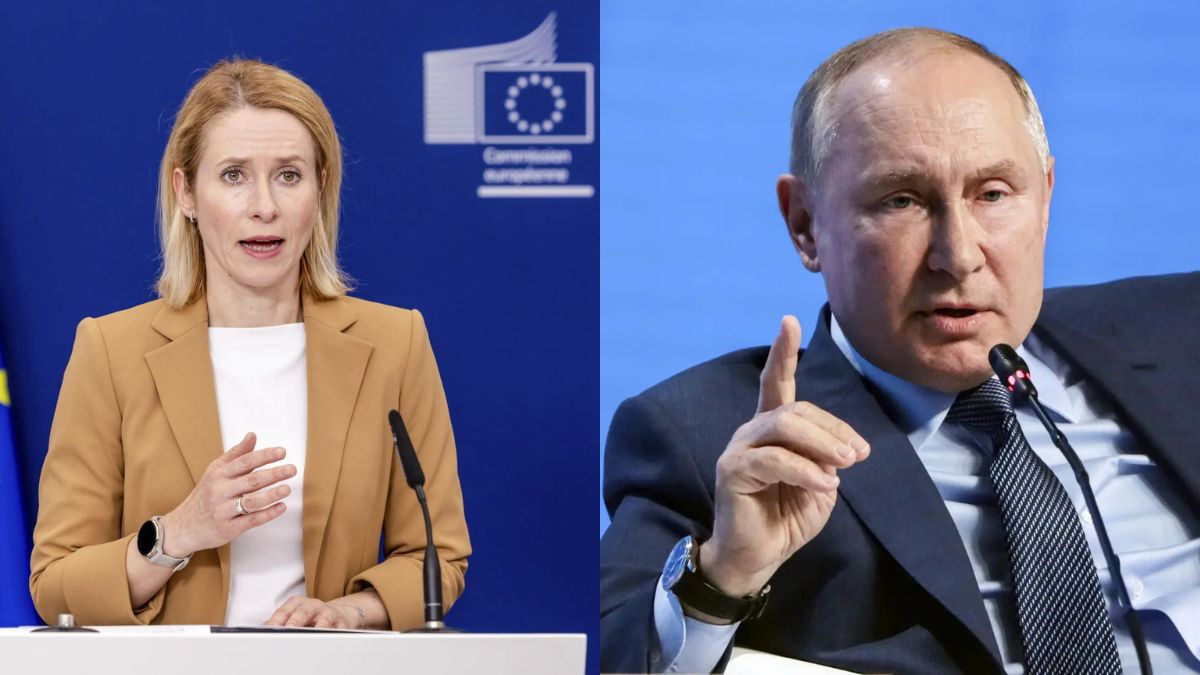Will Russia's massive military spending affect the EU? Top diplomat calls it Moscow's 'long-term plan'

Russia's enormous military spending poses a direct threat to the European Union, warned European Union foreign policy chief Kaja Kallas, in a plenary session on the upcoming NATO summit in the Netherlands next week, where member nations are expected to agree on a new defence investment pledge.
This comes in addition to its acts of sabotage and formidable cyber warfare that is “already a direct threat” to the EU, she said. Now, with America's attention diverted to the crisis in the Middle East, polarising it away from the EU, the bloc is expected to hold its own, and also defend Ukraine.
ALSO READ | NATO ignores CRUCIAL Russian peace demand, invites Ukraine to next Summit
Listing a series of Russian airspace violations, provocative military exercises, and attacks on energy grids, pipelines and undersea cables, she pointed out that Moscow had been spending more on defence than all 27 EU nations combined—a figure set to increase this year, as per an Associated Press report.
Calling it Russia's “long-term plan”, she warned that this year, Moscow's defence spending this year is even expected to overtake its own healthcare, education and social policy budgets combined, which she said was their recipe for a “long-term aggression”.
“You don’t spend that much on (the) military, if you do not plan to use it,” Kallas explained to EU lawmakers in Strasbourg, France.
ALSO READ | G7 summit kicks off: US-Canada tensions likely amid Modi's attendance and calls to end Israel-Iran conflict
Amid Russia's recent insistence that NATO's eastward expansion was to be stopped, concerns are mounting that the alliance's influence could be threatened by an attack on any one of its allies, which, according to its Article 5 security guarantee, would lead to a collective response from all 32 member nations.
“We are very certain, and we have intelligence evidence for this, that Ukraine is just a step on the path to the West,” explained the head of Germany’s foreign intelligence service (BND) Bruno Kahl, a dpa report said. Kahl's comments indicate Russia's possible desire for a westward expansion, which would inevitably put NATO on its warpath.
In that regard, Kallas emphasised the importance of EU-NATO relations.
“When NATO leaders meet next week, keeping unity in the alliance is as much as a priority as spending more on defence,” she declared.
World